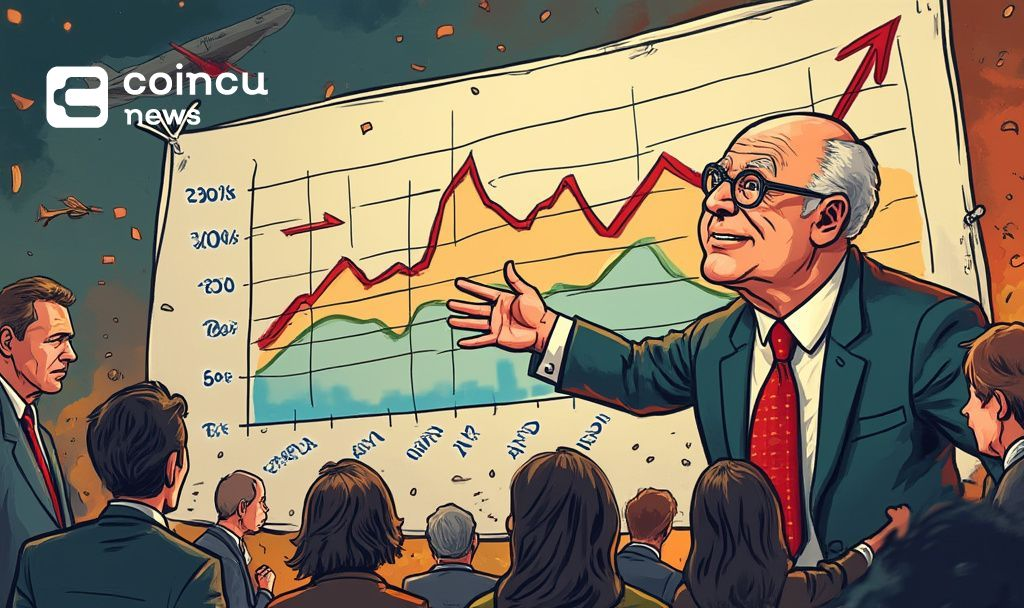- Lawrence Summers critiques current U.S. tariff policy, noting substantial consequences.
- U.S. tariffs have increased tenfold since 2018.
- Potential recession and job losses are critical concerns, experts warn.

Former U.S. Treasury Secretary Lawrence Summers has condemned the current U.S. tariff policy, describing it as the most harmful post-World War II economic decision. Summers issued these remarks during an April 13 TV program, highlighting the drastic escalation in tariffs since 2018.
Summers’ critique underscores the potential for significant economic disruption, including consumer price hikes and recession risks.
Lawrence Summers publicly criticized the U.S. tariff policy, emphasizing the unprecedented scale of current tariffs. His statements point to an increase in tariffs, which are now ten times higher than in 2018. This shift reflects a significant departure from historical norms, shaping new economic conversations.
This escalation is poised to impact economic stability. Potential recession looms, fueled by consumer price increases and job losses. “The current tariff levels are more than ten times higher than those implemented when the trade war began in 2018, and claims of positive effects from tariffs are fundamentally fraudulent,” Lawrence Summers asserts. The policy may reduce household incomes and overall purchasing power, prompting debates over its long-term consequences.
Market and expert reactions were immediate. Economist Paul Krugman labeled the policy as “full-on crazy,” noting a lack of justification. Financial markets displayed volatility, mirroring investor nervousness over policy consistency and long-term market health.
Historical Tariff Comparisons Echo Great Depression Threats
Did you know? In 1930, the Smoot-Hawley Tariffs exacerbated the Great Depression; Summers’ comparison to current tariffs suggests similar economic risks.
Summers likens today’s tariff policy to the Smoot-Hawley Tariffs of 1930, notorious for their role in intensifying the Great Depression. Such policies historically disrupted global trade dynamics and contributed to economic downturns.
Financial data reflects swift changes, with key indices like the Dow Jones reacting to tariff announcements. This volatility underscores the inherent risks within present trade policies, echoing historical economic pitfalls.
Experts suggest a potential shift in global trade relations. If trends continue, retaliatory measures may compound fiscal challenges, reshaping market perceptions and investor confidence in unprecedented ways.
Source: https://coincu.com/331824-bitcoin-surges-institutional-interest-2/